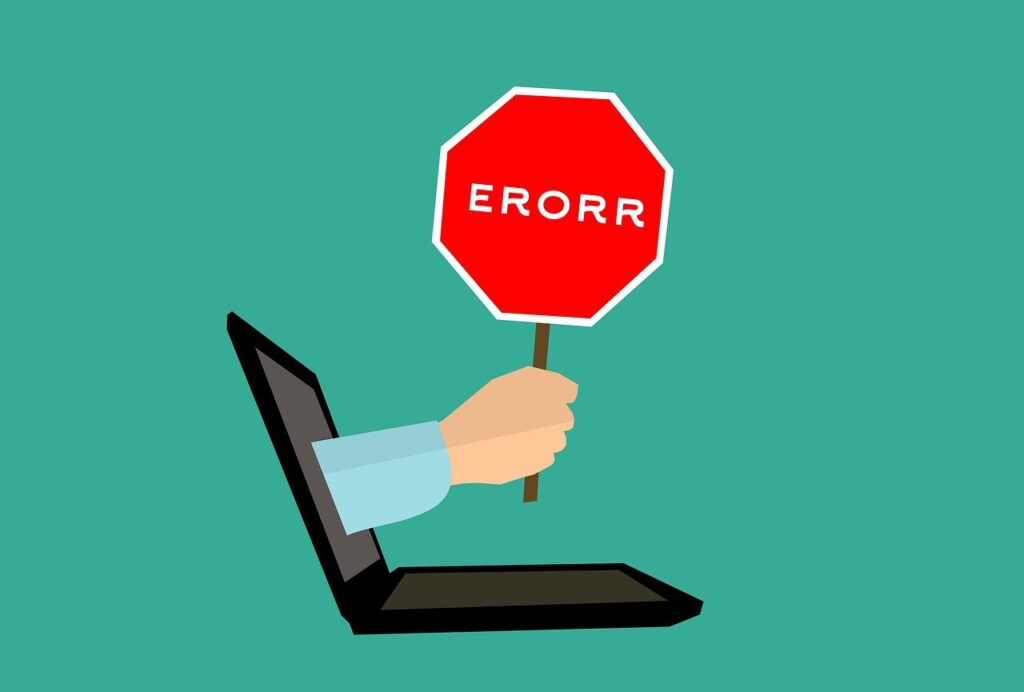
Fewer things take the polish off of your writing than spelling mistakes. If you do any amount of writing, having access to a good dictionary and thesaurus is essential. And with the resources available on the Internet these days, you already do.
In a post on the well-known website ProBlogger, Maeve Maddox, the editor of DailyWritingTips.com, lists 10 common spelling mistakes that haunt writer. The mistakes come from her book, 100 Writing Mistakes to Avoid.
In my experience, they also haunt public speaker whose slides are frequently riddled with them. I have seen all of them in various PowerPoint presentations over the years.
10 common spelling mistakes
Here are the 10 spelling mistakes that Maddox lists:
1. accept / except
INCORRECT: Please except this gift.
CORRECT: Please accept this gift.
2. advice / advise
INCORRECT: He refused to take my advise.
CORRECT: He refused to take my advice.
3. all right / alright
INCORRECT: He’s alright after his fall.
CORRECT: He’s all right after his fall.
4. effect / affect
INCORRECT: His death really effected me.
CORRECT: His death really affected me.
5. every day / everyday
INCORRECT: Dan walks the dog everyday at six p.m.
CORRECT: Dan walks the dog every day at six p.m.
6. its / it’s
INCORRECT: Put the saw back in it’s place.
CORRECT: Put the saw back in its place.
7. passed / past
INCORRECT: The car past the train.
CORRECT: The car passed the train.
8. quiet / quite
INCORRECT: We spent a quite evening reading.
CORRECT: We spent a quiet evening reading.
9. then / than
INCORRECT: I have more eggs then you.
CORRECT: I have more eggs than you.
10. who’s / whose
INCORRECT: I don’t know who’s dog you’re talking about.
CORRECT: I don’t know whose dog you’re talking about.
For the rule behind each pair of words above, please see the post on ProBlogger.
This post fits nicely with my series about grammar. (In fact, I have previously written about two of the mistakes in his list.) So please be sure to avoid these spelling mistakes on your slides:
And, if you have a blog or are interested in starting one, you should definitely spend some time over at ProBlogger.com. It is one of the leading sites on blogging and is written by Darren Rowse of Melbourne, Australia.
















3 Replies to “Ten Common Spelling Mistakes That Haunt Presentations”
John,
It’s a great article but I was perplexed by the alright/all right part. Having been educated in English (although I make so many mistakes nowadays, all because I proof read after having emailed or posted my comments), I only recently came across “all right” (I’m 32). Darren’s article prompted me to do a search on the topic and I was quite surprised of my findings.
British English (taught in most countries of the old British empire, including, India and Mauritius :)), ‘alright’ is used more frequently but it is Ok to use ‘all right’. However, Americans use ‘all right’ more and consider ‘alright’ to be a slang. I was astonished to find a big community of American scholars actually hating the use of ‘alright’ (with terms like ‘over your dead body, idiots, illiterate in their conversation).
Some people tried to use Google to prove their point that “all right” is more popular (twice more) although the hits include phrases like ‘they were all right in their claims against….”. I say it is all right to use ‘alright’ just like we use ‘nowadays’, ‘always’ and ‘although’ :).
If you use Oxford or Cambridge dictionary, then use ‘alright’. If you use Webster, then use ‘all right’. Be consistent with what you use. However, since some people hate ‘alright’ in some part of the world, be sensitive.
Faisal, thanks for the article and the additional research. You prompted me to do some extra digging of my own. The sources that I found on the web basically said that “all right” is to be preferred but “alright” has been gaining traction. Then I went to Fowler’s – the bible for modern English usage. Here is an excerpt of what I found:
“The use of all right, or inability to see that there is anything wrong with alright, reveals one’s background, upbringing, education, etc., perhaps more than any word in the language. Alright, first recorded in 1893 … is the demotic form. It is preferred, to judge form the evidence I have assembled, by popular [magazines] … popular singers … and hardly ever by writers of standing. It is commonplace in private correspondence, esp. in that of the moderately educated young. Almost all other printed works in Britain and abroad use the more traditional form (first recorded as adj. 1837, as adv. 1844) all right. … The sociological divide commands attention.”
Now I am the first to admit that this comes across as rather harsh from old Fowler. But I have to say that I agree with him and prefer all right. But language is an elastic concept and if you grew up learning that alright was, well, all right, then by all means use it. But your advice about the sensitivity of your audience should be taken to heart, and thus I think that a presenter will always be on safer ground with all right.
John
I like it and I agree with you :).